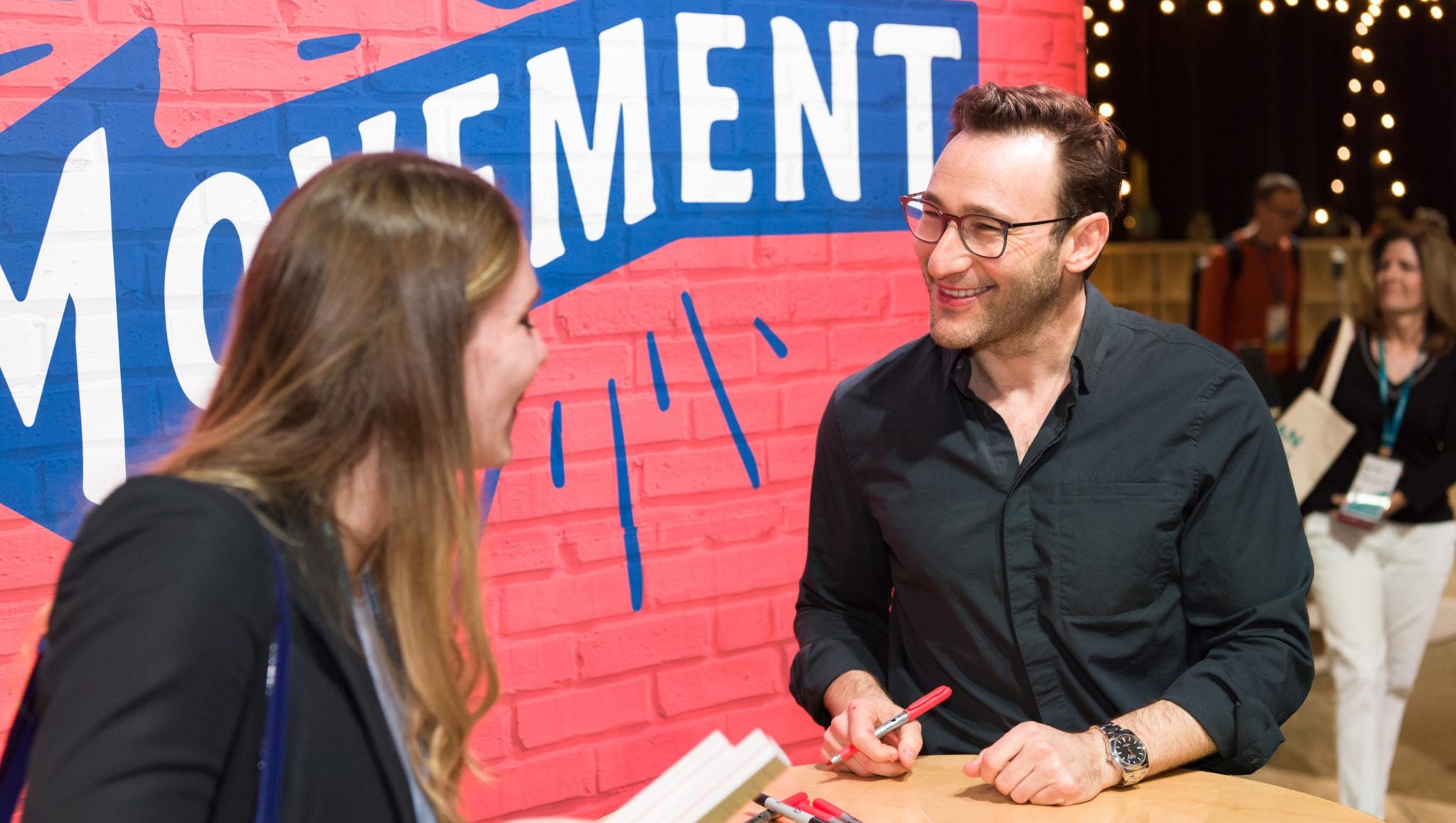Why the long games matter
People don’t pack a bag, kiss their loved ones goodbye, board planes and travel thousands of miles to sit in a room with thousands of strangers in rows of rigid chairs, staring at a stage. They do all that because they believe in the mission of the group that invited them to make that journey—and because they want to be part of something bigger than themselves.
That, in a nutshell, is why planners must focus on the emotional impact as much as the logistical details.
In his presentation at PCMA Convening Leaders 2020 in San Francisco in January, rock-star TED Talk presenter Simon Sinek called that commitment to delivering long-term, meaningful leadership “the long game.” The author of Start with Why explained the difference between a finite game and an infinite game this way: You can’t win an infinite game. There is no set end point. The rules and players are constantly changing, and the only goal is to stay in the game.
See also: PCMACL Challenges #Meetingprofs to Reach Further
“You can’t win business; you can only be ahead for now,” Sinek said. When leaders try to play the infinite game by the rules of a finite game, they sacrifice collaboration, innovation and trust. He shared five practices for building a business environment that can go the distance.

1. Identify Mission Essential
Excelling in the real world requires an understanding of what motivates employees and customers, he said. Making money is not a “why.” A true purpose is the reason a company exists, the reason anyone should care.
Start by focusing on “a just cause” that is so meaningful it creates an emotional connection worth sacrificing for.
2. Galvanize the Team
Communicate that commitment to the cause through actions. Through the things you say and do consistently, you inspire loyalty so fierce that people will tattoo your logo on their bodies (see Harley-Davidson). Inspired employees rally around important goals. When you create an atmosphere where everyone knows the direction of the North Star, people feel safe, and everyone can be their best version of themselves.
3. Gut-Check Your Envy
To ensure you are working toward that best version of yourself, study your worthy adversaries. Is there someone who makes you incredibly jealous? Look at what they do that you are not as good at yet. Work on that.
4. Prepare to Bend
Sinek hit the audience with an assignment that is really tough for many of us: “Prepare for existential flexibility.” Just because the “why” of the company (or division or department) is set doesn’t mean the strategy and tactics won’t change. Sinek’s own journey illustrates this shift to reach the ultimate destination. His passion is helping people be their best selves, and that first took the form of writing books. But then it morphed into individual coaching and doing a video presentation that was seen by more than 48 million people (yep, his TED Talk has been translated into 48 languages and continues to top business binge lists). It could also mean talking to influential groups, such as meeting professionals.
5. Lead Courageously
Leadership is a responsibility to the team, Sinek reminded the audience. “Leaders are the ones who run headfirst into the unknown. They rush toward the danger. They put their own interests aside to protect us or to pull us into the future. Leaders would sooner sacrifice what is theirs to save what is ours,” he said.
Sinek had these parting words for meeting professionals looking to make 2020 their best year yet: Start the new year by taking better care of each other. Be the leader you wish you had at any level. Help people feel heard. “It always bothered me that bookstores have self-help sections, but why aren’t there more help-each-other sections?” he asked.




